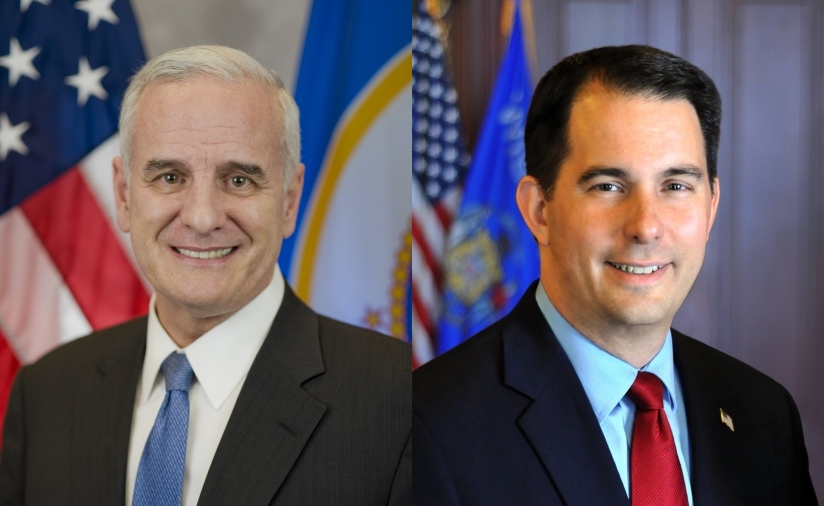African Americans face widespread racial disparities across the Midwest
“While many Midwestern cities appear in viral ‘best places to live’ lists, they are also among the very worst places to live for African Americans”
A new report by EPI’s Economic Analysis and Research Network (EARN) state partners highlights the racial disparities within a dozen Midwestern states. Race in the Heartland: Equity, Opportunity, and Public Policy in the Midwest, authored by Colin Gordon from the University of Iowa and the Iowa Policy Project, is a comprehensive look at the causes and consequences of black-white disparities in the Midwest. The report also provides a policy framework to address these disparities.
Gordon explains that a number of factors—historical, economic, demographic, and political—have shaped patterns of racial disparity and race relations in the Midwest. He notes that of the eight most segregated cities in 2010’s Census data, six (Milwaukee, Chicago, Detroit, Cleveland, St. Louis, and Cincinnati) are in the Midwest. And despite some pockets of Latino growth in the last generation, fully 91.4% of Midwesterners identify as white alone or black alone.
Gordon finds racial disparities in education, employment, wages, income, poverty, homeownership, incarceration, access to health care, wealth, and voting access. Findings include:
- Six Midwestern states (Ill., Wis., Minn., Iowa, Neb., and Kan.) all suspend black students at more than five times the rate of white students.
- Ten Midwestern states (Wis., Minn., Ill., Ohio, Mich., Ind., Iowa, Neb., Mo., and Kan.)—along with neighboring Pa.—made up the eleven states with the largest ratio between black and white unemployment in 2017.
- Of the six metropolitan areas in which concentrated poverty among blacks exceeds 40%, five (Detroit, Milwaukee, Gary, Dayton, and Cleveland) are in the Midwest.
- Every Midwestern state imprisons African Americans at more than five times the rate of whites.
- At every income level, African Americans are less likely to receive preventative health care and more likely to receive lower-quality care.
Gordon recommends a comprehensive slate of policy recommendations to achieve racial equity in the Midwest including: investing in public education, raising wages for all workers, addressing labor market discrimination, adopting paid family leave and low-cost child care, and improving our social safety net.
“It’s time for policymakers to fully recognize the economic harm that structural racism has caused Black families in all parts of the country,“ said Naomi Walker, Director of EARN. “In a time of federal inaction, states must step up to address disparate economic outcomes by strengthening public education, bolstering workers’ rights and strengthening labor standards, and eliminating discrimination.”
This report is a joint project of Policy Matters Ohio, Iowa Policy Project, COWS, and EARN.
NOTE: This press release was submitted to Urban Milwaukee and was not written by an Urban Milwaukee writer. While it is believed to be reliable, Urban Milwaukee does not guarantee its accuracy or completeness.
Mentioned in This Press Release
Recent Press Releases by Economic Policy Institute
Raising the federal minimum wage to $15 by 2025 would lift wages for over 33 million workers
Jul 17th, 2019 by Economic Policy InstituteThe increase would boost total annual wages for these low-wage workers by $92.5 billion, lifting annual earnings for the average affected year-round worker by $2,800.
Since 2010, Minnesota’s economy has outperformed Wisconsin’s by virtually every available measure
May 8th, 2018 by Economic Policy InstituteSince taking office in 2010, Governors Dayton and Walker have pursued vastly different state economic policy agendas





















